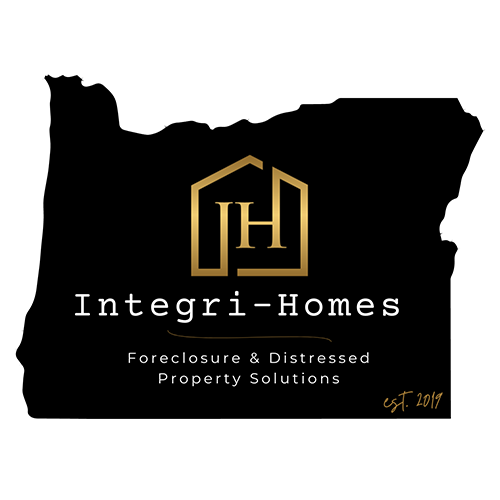Facing the potential of foreclosure can be a daunting and distressing experience. However, with the right knowledge and proactive steps, homeowners can take control of their financial situation and work towards avoiding foreclosure. In this guide, we’ll address common questions about avoiding foreclosure and provide detailed insights to help you navigate this challenging situation.
What are the early warning signs that my home may be at risk of foreclosure?
If you’re wondering about early warning signs of foreclosure, pay attention to missed mortgage payments, late payment notices, and communication from lenders about default. Changes in your financial circumstances, such as job loss or medical emergencies, can also be indicators. Recognizing these signs early empowers you to take timely action to prevent further financial strain.
What immediate steps should I take if I'm struggling to make mortgage payments?
How can loan modification help in avoiding foreclosure, and what does the process involve?
Are there government programs or assistance available to homeowners facing foreclosure?
How does selling my home before foreclosure impact my credit and financial standing?
What other resources or organizations can provide assistance to homeowners facing foreclosure?
For additional assistance, you can seek help from non-profit organizations, local housing agencies, and legal aid services. Organizations offer resources, tools, and counseling to homeowners navigating the complexities of foreclosure.





